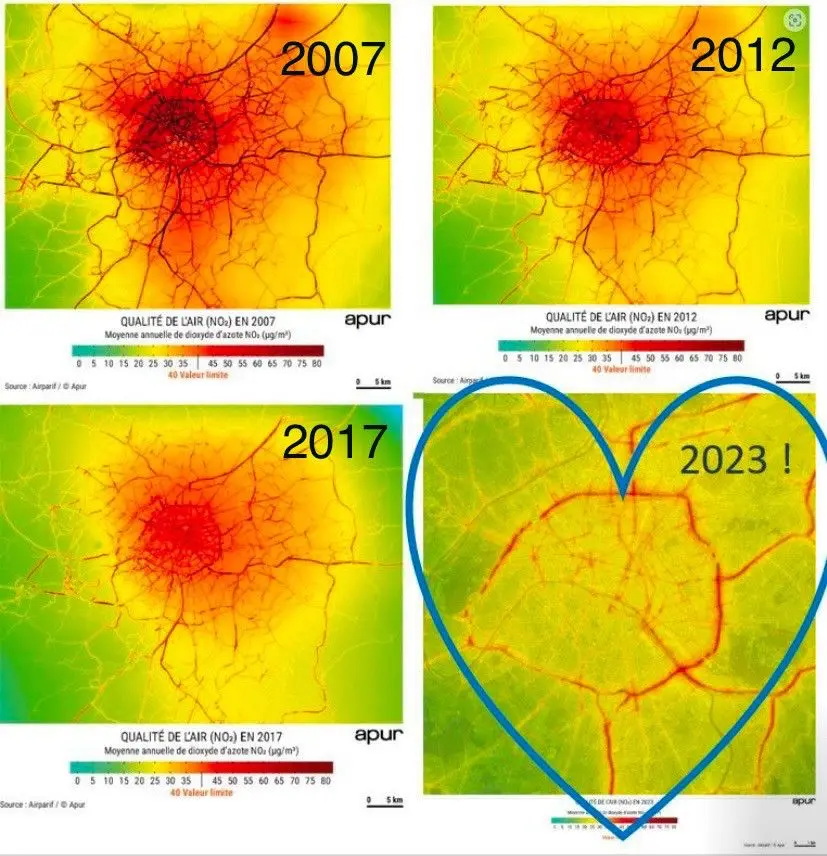Uplifting News
Welcome to /c/UpliftingNews, a dedicated space where optimism and positivity converge to bring you the most heartening and inspiring stories from around the world. We strive to curate and share content that lights up your day, invigorates your spirit, and inspires you to spread positivity in your own way. This is a sanctuary for those seeking a break from the incessant negativity often found in today's news cycle. From acts of everyday kindness to large-scale philanthropic efforts, from individual achievements to community triumphs, we bring you news that gives hope, fosters empathy, and strengthens the belief in humanity's capacity for good.
Here in /c/UpliftingNews, we uphold the values of respect, empathy, and inclusivity, fostering a supportive and vibrant community. We encourage you to share your positive news, comment, engage in uplifting conversations, and find solace in the goodness that exists around us. We are more than a news-sharing platform; we are a community built on the power of positivity and the collective desire for a more hopeful world. Remember, your small acts of kindness can be someone else's big ray of hope. Be part of the positivity revolution; share, uplift, inspire!
view the rest of the comments

Anecdata. I lived there for much of that period. The change in air quality itself was real but too subtle to be noticeable. But the change in the amount of car traffic in Paris has been very noticeable, and very impressive.
Some context. The municipal setup gives residents of Paris proper (the 2 million people within the ring road in the image) a lot of influence over the whole Paris region. And 2/3 of those central residents do not own cars! Meanwhile, as in any city, much of the car traffic is generated by suburban drivers. Some of these drivers don't have good transit options, but most of them do. Paris has one of the world's densest transit systems, and that includes the suburbs. Moreover, the suburbanites have always denied the trade-off between housing space and convenience. Yes, the people in central Paris tend to be a bit richer, but they've also accepted the sacrifice of living in small apartments and foregoing private transport. One study found that the average resident of central Paris walks around 2km per day.
So those central Paris residents voted, again and again, to take space away from cars and to give it to bike lanes and sidewalks and parks instead. The local green party has been instrumental, it attracts 10 or 15% of the vote and is a part of the city's coalition government. I was one of those voters. This is the result. It's been positive for the whole city and it's a genuine good news story.
Walks 2km a day? That doesn’t seem like much.. or is it a subtle flex based on how accessible everything is by foot?
2km on the sidewalk. If correct (anecdotally I'd say it is) then that is very unusual and implies (a) good sidewalks and (b) dense transit. In most of the world, either transit is non-existent or cities are completely unwalkable and people use vehicles to go 100m. You're left with a few places like Paris and Tokyo.
IIRC, paris put into play car taxes similar to what NYC just put in along with outright bans in some areas.
Every city of moderate size should do the same. Having so much space allocated for cars is just insane and provides nothing but cancer to the general citizenry.
Same in Oslo.
The people who live in the city, does not want cars in the city.
And the same small parties have been getting though their agenda because the larger parties does not have majority votes. So they have to include these small green parties.
I am new to Copenhagen and have heard that it's been a pretty consistent growth in that direction. As someone who lived in the US for years, it feels really refreshing here because of it
How popular are ebikes? I think they can solve a lot.
There are lots of bikes of all kinds. All this has happened in the last decade or so. There have been cycle lanes for decades but they were mostly empty. Then the pace of building picked up, and then the pandemic seemed to be a tipping point.
You will notice the change in air quality when the number of asthmatics and people with other respiratory issues suddenly dramatically drops
The way it works is that inside the ring is Paris and outside isn't Paris. So only some have a say in how the city is run.
Eventually, Paris will probably grow again. But for now, that's how it is.
That's a bit of a simplification. There is also an elected government for the Paris region. It just has fewer powers than most big-city governments. So yes, suburbanites get an unusually small say in what happens in the city center. But the inverse is true too - central residents get less of a say in what happens in the suburbs. The issue is that, like in any city, much of car traffic across the center comes from the suburban periphery, where people own cars and use them. That is clearly an injustice for the central residents, who have to suffer the externalities of those cars. In this case the quirky institutional setup allowed those residents to put their foot down and say no, so that is unsurprisingly what they did.
True, I simplified because a lot of people outside of France don't know how large Paris is.